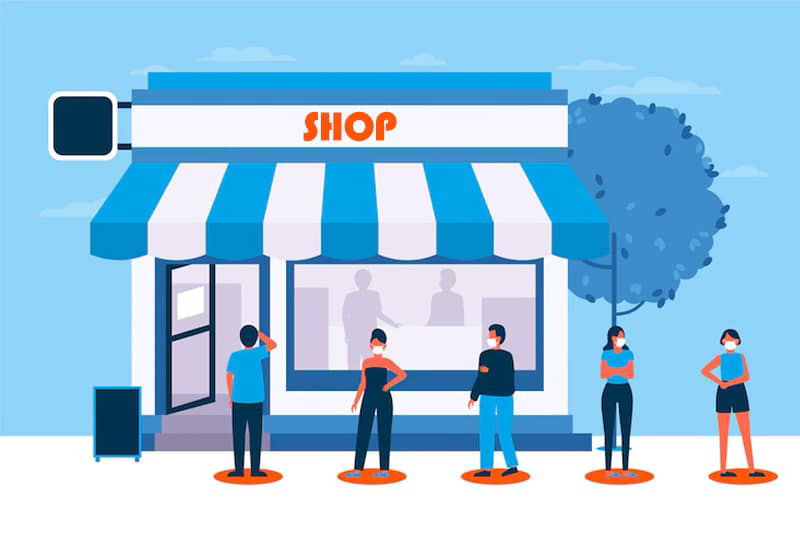With the landmark decision of the FDA to approve Over-The-Counter (OTC) hearing aid sales without a prescription to consumers suffering from mild to moderate hearing loss, it’s important to ask: how will consumers navigate whether they meet the criteria (mild to moderate loss), select the right product, and maintain and confirm that they are receiving optimal hearing benefit?
While any consumer, starting in October 2022, can buy an OTC hearing aid without a hearing exam, the critical point to remember is that OTC retailers can only SELL a device. This means that the burden of determining the extent of hearing loss will be on the consumer. Self-tests and questionnaires are not an accurate way of determining degree of hearing loss. What if there is wax in the ear or a medical condition that requires treatment? If a patient self-diagnosis incorrectly, then an OTC option may not be adequate for their needs. In addition, the loose requirements for power, speed, distortion and other technical components suggest that there may be quality issues associated with the wide variety of products that will be offered. The consumer will have to navigate all this technical information on their own. Questions such as: what happens when the hearing aid breaks or is not working? What if an adjustment is required? What if they are not comfortable? What happens if you lose it? There are a host of service-related questions that should be considered.
OTC retailers are not doctors and do not have to be licensed to sell an OTC. They cannot perform hearing exams or offer alternative treatments should a consumer be suffering from something more severe than mild to moderate hearing loss. OTC retailers do not offer long term care in the form of clean and checks, and because OTCs are designed for a “one size fits all” model, they cannot provide any customization for a consumer’s particular hearing loss type. Eighty percent of the patients we see in our clinics come in for service-related visits. This means that we are cleaning ears, cleaning devices, repairing, and sending away devices, re-checking hearing, teaching patients how to use their devices properly, pairing phones and other Bluetooth devices, etc. Hearing aids are labor intensive to maintain. An on-going maintenance program is an important part of ensuring proper hearing aid performance and patient success.
OTCs are a transactional operation relying on the due diligence of the end consumer to fully understand the complexity of their potential hearing loss and subsequent hearing care needs. Studies show that OTC’s may be adequate for mild losses, but they fail to properly meet the needs of a moderate loss (Leavitt, Bentler and Flexler (2018) study and Voss et al (2018). These studies indicate that when there is a 40 decibel loss at 1000Hz and above, the benefit of an OTC diminishes significantly.
The emergence of OTCs highlights the need for highly trained and skilled audiologists. Audiologists are health care professionals who diagnose, manage, and treat hearing, balance, and other ear problems. They determine the severity and type of hearing loss, counsel patients, manage hearing loss prevention programs, assist patients with the management of tinnitus, and can design treatment plans for patients of all ages.
Audiologists can even help determine if a hearing device is necessary for a patient. Audiologists make referrals to fellow physicians when it comes to ear related issues such pain or discharge from the ear, ear infections, sudden hearing loss that needs immediate attention, and asymmetrical hearing loss that could be related to more serious ear conditions.
I’ve been a patient of Hearing Partners for quite a few years and have complete confidence in them. Their testing is so thorough, and I am so happy with the hearing aids and all the follow up care I receive from Hearing Partners. The selection of hearing devices seems very wide ranging. I foolishly got some lower priced hearing aids from a “big box store”, but after a few years of lower quality hearing aids, I returned to Hearing Partners. The difference is huge: way more testing, many options for hearing aids, and frequent follow ups to be sure I’m getting the full benefits of my hearing aids. I’ll stick with Hearing Partners from now on!” Ellie R
What defines Hearing Partners of South Florida as a well-respected audiology practice in our area, is our ability to provide quality hearing healthcare. Our relationships with our patients are a long-term commitment focused on on-going care to ensure optimal outcomes. There is no one-size-fits all, because each patient’s hearing needs are unique. We stay up-to-date with the latest treatment options and share them with our patients with the intent of improving their lives. We remain steadfast in our pursuit of treating our patients like family while providing a bespoke patient experience.




